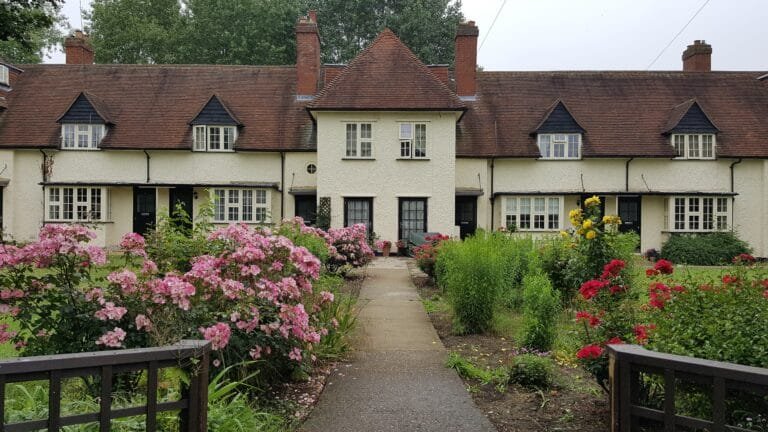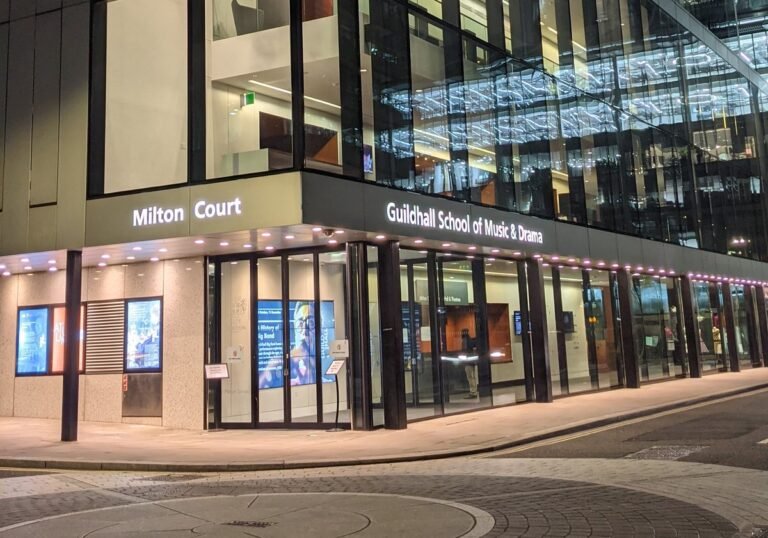
Cinema Rediscovered – Women’s Stories from the Global South
CINEMA REDISCOVERED 2022
20 July – 24 July
Women’s Stories from the Global South (& To Whom They Belong)
Black Paris… Josephine and Beyond
bell hooks – Reel to Real
Homage to Menelik Shabazz
Cinema is back, and Cinema Rediscovered – Watershed’s annual festival showcasing brand new restorations, contemporary classics and film print rarities from around the globe – returns for its sixth bumper edition in and around Bristol UNESCO City of Film from Wed 20 – Sun 24 July. This year’s festival includes a programme highlighting women’s stories which focus on ownership and the imbalance of power within film cultures from the Global South, an exploration of the opportunities and tensions that Paris gave to the artistic expression and cultural activism of Black creatives, and a focus on influential cultural critic bell hooks (1952 – 2021).
Women’s Stories from the Global South (& To Whom They Belong)
Five films curated by Mosa Mpetha (Black Cinema Project, Hyde Park Picture House) and the Ajabu Ajabu collective are screening at the festival as part of Women’s Stories from the Global South (& To Whom They Belong).
Says Mosa Mpetha, “I am so excited to work with Darragh & Jesse of Ajabu Ajabu to present a conversation on ownership of, and access to global south films. We have grouped together five fantastic female led or made films, with the contributions of curators Dr Stefanie Van De Peer, Jonathan Ali and Lorena Pino Montilla. This strand looks at how restoration, restitution and reinterpretation of film comes into play in each of these films journeys of existence”.
The programme includes three restored and rare titles from the continent of Africa: Sambizanga (1971), a neorealist testimony to Angola’s anti-colonialist struggle directed by Sarah Maldoror (1929 – 2020), best known for her hard-hitting political films. Sambizanga is one of the first feature films shot in Africa by a woman of African descent and is also the first film by a woman to be restored by the African Film Heritage Project, an initiative created by The Film Foundation’s World Cinema Project, the FEPACI and UNESCO – in collaboration with Cineteca di Bologna – to help locate, restore and disseminate African cinema.

The screening will be followed by a Q&A with Sarah Maldorar’s daughter, Annouchka De Andrade, who will attend the festival to talk about her mother’s filmmaking legacy; a new restoration as part of the African Film Heritage Project of Farida Benlyazid’s Door to the Sky, (1989) has been donated to the Centre Cinematographique Morocco to guarantee its availability to Moroccan audiences which has been unavailable to Moroccan institutions to show for many years; Martin Mhando’s Maangazimi: The Ancient One (2001) explores the breadth of African consciousness and spiritual heritage and serves as a powerful meditation on the toll of displaced history. An essential work of Tanzanian cinema, the film went virtually undistributed across Tanzania in the 2000’s due to red tape around distribution, but is now seeing a second life upon its 20th anniversary through recent efforts by a local collective to circulate the film through informal
and creative means.

Two titles from Latin America include De Cierta Manera (1974-77) the first Cuban film directed by a woman, and the last film directed by Sara Gómez which has finally gained the acknowledgement it deserves in Cuba having been inaccessible to local audiences because of its avant-garde nature; and hailed as a landmark work of Latin American cinema, Araya from Venezuela (1959) is the only feature film by Margot Benacerraf. Despite winning the International Critics Prize in Cannes 1959, 18 years passed before it screened in Venezuela. It eventually disappeared until it was recently rediscovered, remastered and reissued by Milestone Film & Video. The restoration also enabled the reconstruction of a scene which had been cut out of the negative by mistake decades ago without Benacerraf’s knowledge.

The Global Film Heritage project, which aims to establish an international network of scholars working on decentring feminist film history, will also hold a networking event at the festival for anyone working or interested in women’s film, to include a panel discussion with the team behind Global Women’s Heritage, Carmen Thompson and Dr Stefanie Van de Peer (Queen Margaret University, Edinburgh.) Speakers will include Sarah Maldoror’s daughter Annouchka De Andrade, Liz Chege (Africa in Motion Director), Mosa Mpetha (Black Cinema Project & Hyde Park Picture House) and Dr Dora Latiri from Brighton University, a specialist in Tunisian archival work.
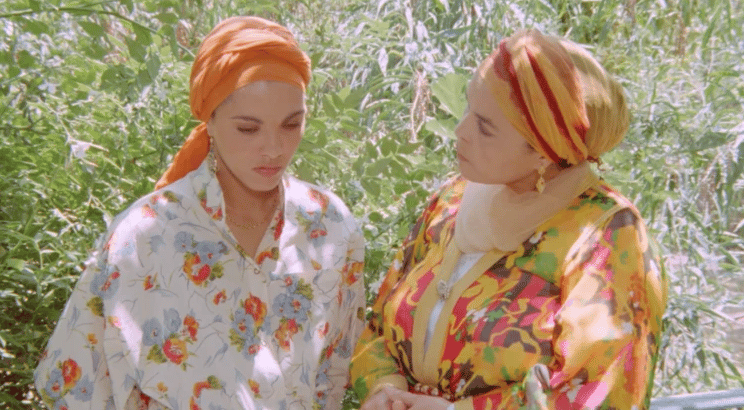
For festival industry delegates
Black Paris… Josephine and Beyond
In Black Paris… Josephine and Beyond, curator Karen Alexander explores the opportunities and tensions that Paris gave to the artistic expression and cultural activism of Black creatives.
In Paris Noir – African Americans in the City of Light (2017) director Joanne Burke and associate producer Julia Browne explore the migration of pioneering African Americans to France, from dancer, singer and actress Josephine Baker and jazz musician Sidney Bechet to author and poet Richard Wrights and cultural icon James Baldwin. The screening will be followed by a conversation with Karen Alexander and Eric Collins (Channel 4’s The Money Maker).
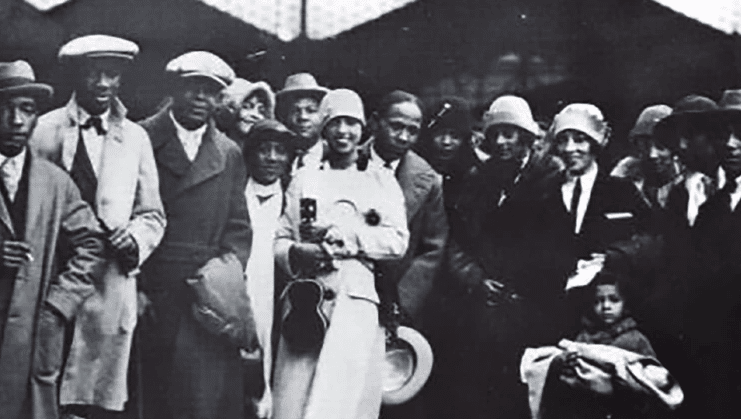
During the 1930s, black performers were forbidden to steal the spotlight from white actors on the American screen. To circumvent this unwritten law, singer, dancer and comedian Josephine Baker accepted the invitation to work in France. The festival will present the UK premiere of a new restoration of Edmond T. Greville’s Princess Tam Tam c/o George Eastman Museum and Kino Lorber. Starring Josephine Baker, the film is a thinly veiled parallel to Baker’s own experience. The screening will be introduced by Dr Simone Terri Francis (Josephine Baker’s Cinematic Prism.)
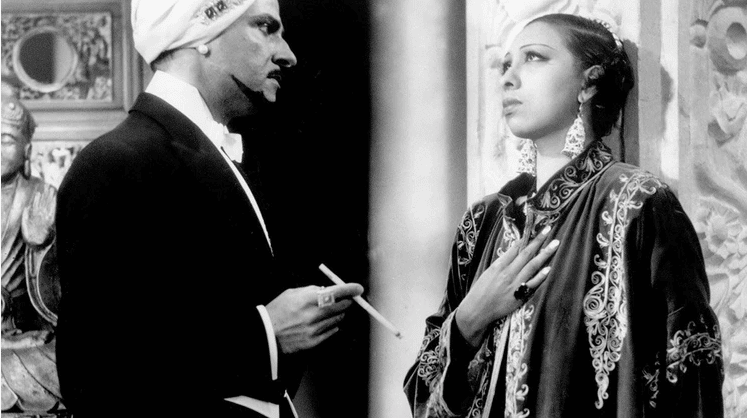
Martin Ritt’s Paris Blues shot in glorious black and white by legendary French cinematographer Christian Matras and starring Louis Armstrong, Paul Newman, Sidney Poitier and Joanne Woodward, provides a snapshot of a particular period where Paris provided a creative refuge for African American artists.
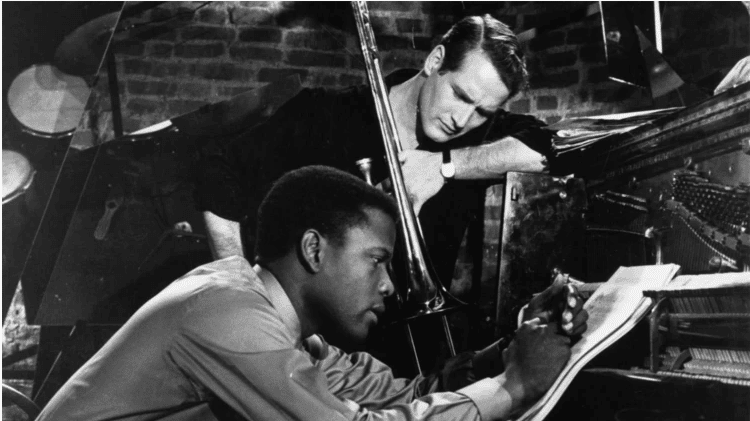
Daughter of Sarah Maldoror, Annouchka de Andrade will introduce a second festival screening, this time of the made-for-TV subversive comedy A Dessert for Constance (1980) which follows Senegalese émigré street cleaners who decide to enter a cooking competition. The two cleaners turned chefs proceed to expose the pretentious pomp of French cuisine – as well as the industry’s
racism and classicism.
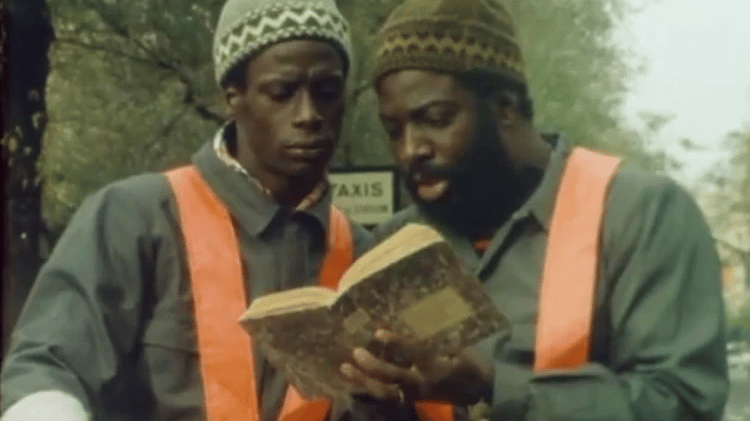
bell hooks: Reel to Real
Curator Karen Alexander presents three screenings to mark the passing last year of influential feminist theorist, cultural critic, educator and public intellectual Gloria Jean Watkins aka bell hooks (1952 –2021).
Reel to Real Shorts is a trio of shorts that resonate with bell hooks’ seminal classic collection of essays on film Reel To Real: Race, Class and Sex at the Movies, including Julie Dash’s Illusions (1982) which explores race and representation in WWII era Hollywood through the story of a Black movie studio executive passing as white and the African-American singer she hires to dub the voice of a white actress; Trinh T. Minh-ha’s influential first film Reassamblage (1982) a complex visual study of the women of rural Senegal in which women are the focus but not the object; and Isaac Julian’s The Attendant (1983) a provocative reflection on memory and desire in which a museum devoted to the history of slavery becomes a hotbed of queer, sadomasochistic fantasy.

As part of the bell hooks programme, Alexander will introduce a further three screenings featuring films by seminal Black American filmmakers, Charles Burnett, who was the first visible African-American filmmaker, a Spike Lee rarity, and artist Camille Billops. Burnet’s Killer of Sheep depicts everyday lives of average blue-collar Black Americans in south-central Los Angeles, a subject matter unexplored in independent film until then. The screening will also include Charles Burnet’s student short film The Horse. Girl 6 is not the film most people think of when they talk about Spike Lee. It was both a critical and commercial failure when it came out and is now almost impossible to track down. In Finding Christa, artist Camille Billops is both filmmaker and subject. In 1961 she made the painful decision to put her 4-year-old daughter up for adoption. In the film, she tells the story of their separation and ultimate reconciliation, and for Billops it offered a valuable way to archive narratives that might otherwise be invisible.

Menelik Shabazz, Burning an Illusion
The festival also pays homage to pioneering Black British filmmaker and activist Menelik Shabazz (1954-2021) with a special screening of his debut feature Burning an Illusion (1981) introduced by writer, critic, broadcaster and programmer Adam Murray and Ian Sergeant (Director of Kalaboration CIC and PhD candidate researching Black British masculinity.)

Cinema Rediscovered will screen at Clevedon’s Curzon Cinema & Arts; Arnolfini, 20th Century Flicks and Watershed. The festival will launch a UK-wide tour of highlights (Aug – Dec 2022) including Women’s Stories from the Global South (& To Whom They Belong) with support from the BFI awarding funds from National Lottery.
MORE PROGRAMME & BOOKING INFO:
https://www.watershed.co.uk/cinema-rediscovered-2022
Bristol Venues::
Watershed, 1 Canon’s Road, Bristol, BS1 5TX: watershed.co.uk
20 th Century Flicks, 19 Christmas Steps, Bristol, BS1 5BS: 20thcenturyflicks.co.uk
Curzon Cinema & Arts, 46 Old Church Rd, Clevedon, BS21 6NN: curzon.org.uk
Arnolfini Arts, 16 Narrow Quay, Bristol, BS1 4QA: arnolfini.org.uk


